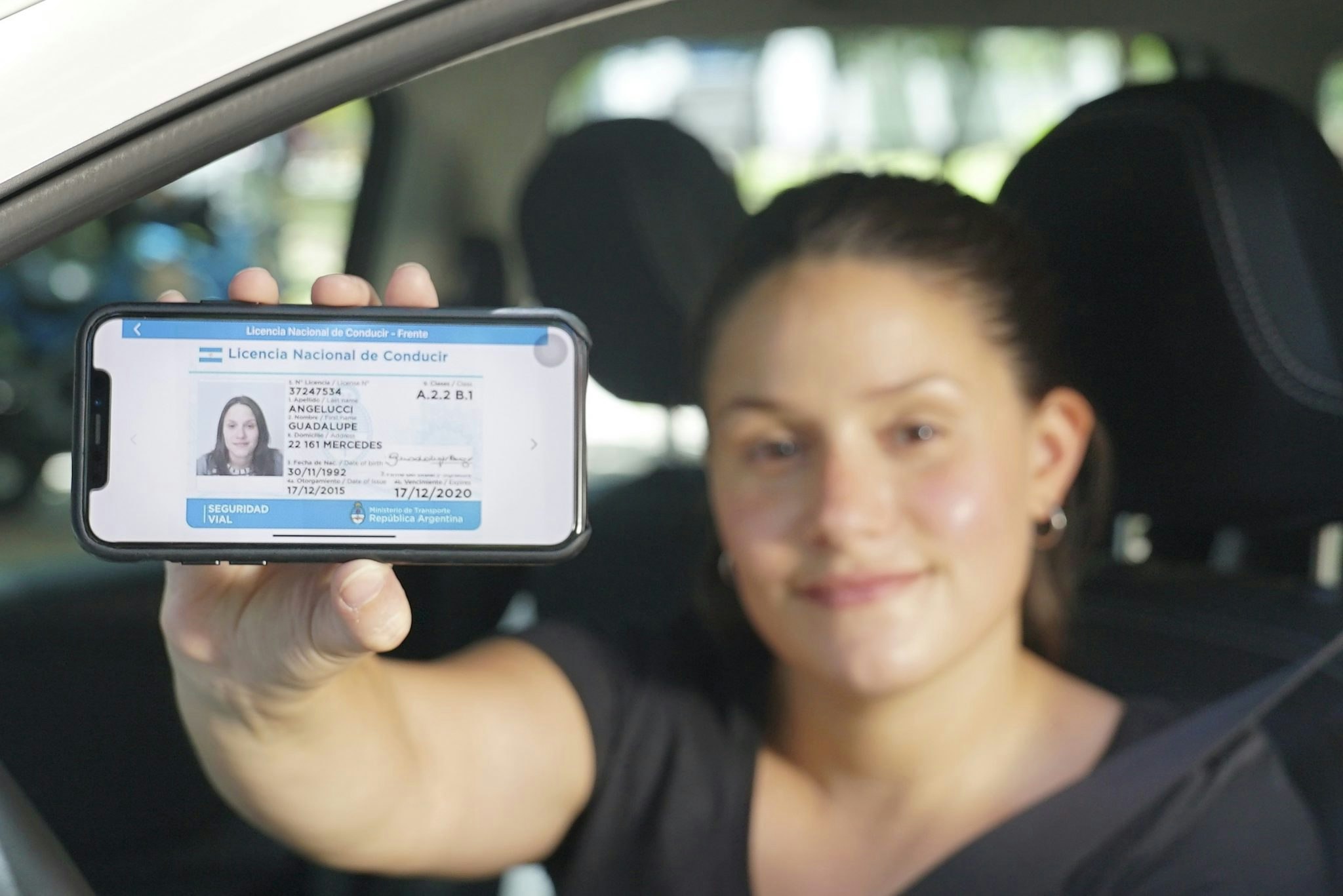Except for that surrounding the increasingly irrelevant United Kingdom, whose political misery I shall leave for others to write about, the borders between European countries are things of wonder. We can trade through them with ease, we can cross them without visas, and yet the culture of each place we visit still shines through once we're there.
We Europeans like to think of the union (that's a deliberately lower-case "u") we've created as unique and special. Of course it's nothing of the sort. Cross-border services of the kind we already use here are growing around the world, and today I want to shine a light on a particular favourite new example: driving licences in Argentina. They recently went digital, they work across international borders, and the process of creating them from nothing took just 65 days. They don’t hang about in Argentina. They like to do.

Until a few years ago, getting a driving licence there was a painful experience. Much depended on the province you lived in, because different provinces had different rules, different forms to fill in, and different processes for dealing with them. The one thing they all had in common was delay: it often took over 2 weeks to actually get a licence in your hand. Things did get better, eventually: there are now standards and the wait is shorter. But you still have to visit a government office in person.
What changed recently was the licence itself. Now you can store it on your phone as a digital document, rather similar to modern digital train tickets or airport boarding passes.
Not everyone in Argentina has reliable internet access, so the digital licence was designed to be something the phone can download, store and display even when disconnected from the internet. It can't be faked with a simple screenshot because each digital licence displays a QR code that automatically changes daily.
Not everyone has a smartphone, either. That's fine: you can still continue to use a plastic card if you wish. Digital by default, not digital or nothing.
The new digital licences were launched by no less than Argentine President Mauricio Macri, who got his own licence on his own smartphone while seated at the Presidential desk. Talk about getting the person in charge to try out everything you build. There are a million people using the mobile app, and 218,000 who have downloaded a digital driving licence. The service has only been live since February.
The team that did the building was led by a man called Daniel Abadie, a talented and charismatic leader with whom I've been working for a couple of years now. Daniel is the genius behind a platform called MiArgentina, and it's that platform that made the 65-day transformation of driving licences possible.
MiArgentina is a repository of digital documents used or mandated by the state. Right now, it has about 1.3 million users. It was designed the way a platform should be: to be an interconnectable component, something that other digital products and services can link to and make use of. Making driving licences digital was only possible because MiArgentina already existed, providing most of the service infrastructure and millions of verified users.

Daniel's other moment of genius was to change traditional policymaking - something most governments are addicted to, even if it takes forever to get right. It's not suitable for today's agile, iterative, user-centered service design methods. Daniel saw that a mile off, and took a different tack: he got his user researchers to show their research to the decision-makers. Instead of a years-long policymaking effort, there was a days-long consultation, which resulted in an official resolution from the Minister.
Here's the kicker: officials in neighbouring countries like Uruguay and Chile are preparing to make these new digital licences valid over there too. Thousands of drivers cross those borders every day.
This is what modern borders should be like, and is a sign of things to come from all sorts of forward-looking, digitally minded democracies. We’re going to see more like this. Not just driving licences, but all sorts of other official documents and government-authorised pieces of information, gaining enough official backing and grassroots support to become trusted, default guarantors of certain facts. Aside from nation-specific top level domains, the internet pays little attention to borders. Data doesn’t care what country it’s in.
Mike Bracken is the former head of UK Government Digital Service. He advises governments around the world on digital transformation.


